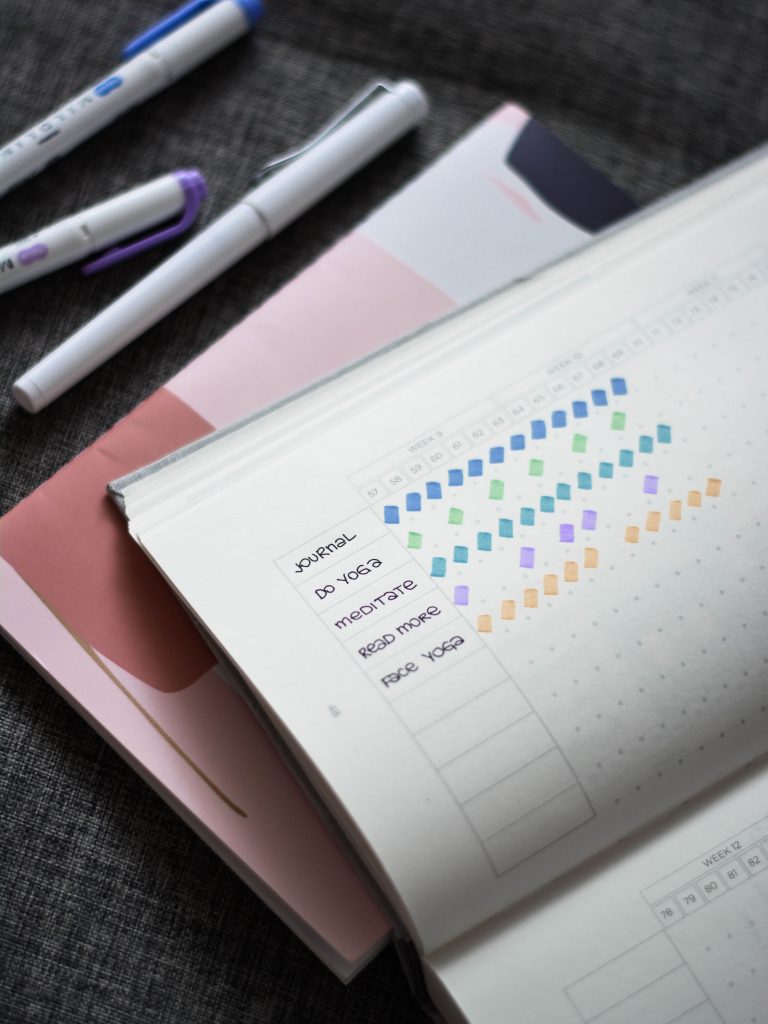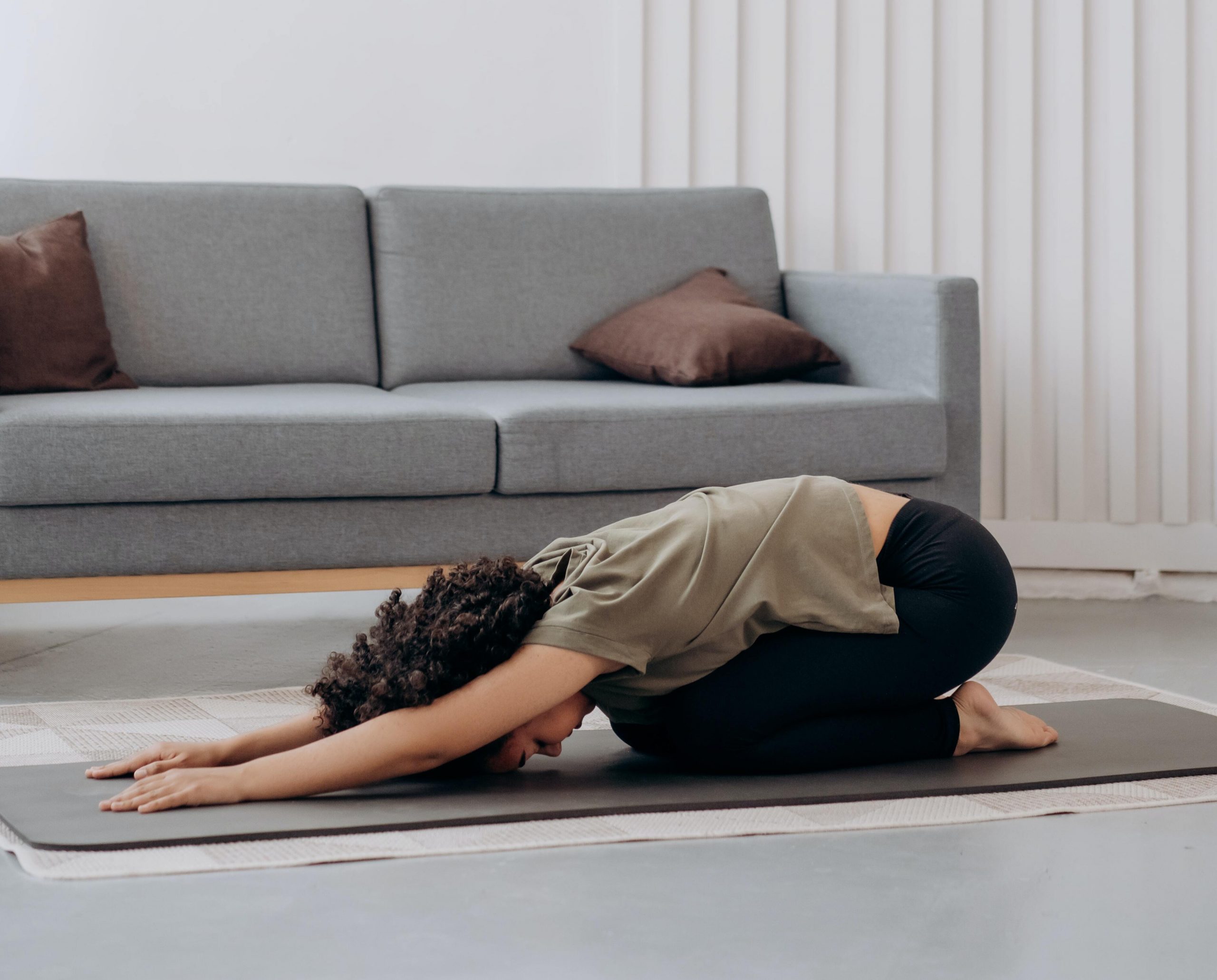
How To Build Healthy Habits to Reach Your Wellness Goals
Habits are a powerful force that can keep us stuck in unwanted patterns or propel us forward to our goals. Building new habits can be tricky, but with the right mindset and a willingness to put in the effort, you learn how to create good habits and replace bad ones.
You may be unsure about how to build healthy habits that support your health and wellness. Luckily, we have some tips to help you on your way to fulfilling your goals.
Getting started
Building healthy habits improve your overall well-being. You don’t want to consider the merits of eating a healthy breakfast every morning or debate about going for a run every afternoon. You want these decisions and behaviors to become automatic. You don’t want to think about it, you want to do it.
So how can you effectively build habits from these actions you want to do?
Healthy habits, like healthy eating and regular physical activity, help you achieve your wellness goals and adapt your plans to keep challenging yourself once your intermediate goals are met.

First, you want to examine your current habits. Identify bad habits that hurt your progress and determine what triggers the behavior. What reinforces them? How can you direct that energy to support your wellness goals?
Then, come up with a plan to redirect your response to the healthy habits you want to build.
Say your bad habit is impulsively ordering pizza whenever you’re hungry. To redirect this habitual response, you could put a note by the pizza shop’s number reminding you to eat a handful of nuts to quell your hunger before calling. Then, you can make a conscious decision whether to order pizza or cook yourself a healthier meal.
New habits will not be automatic but knowing your behavioral triggers and planning how to redirect them to healthier solutions sets you up to build healthy new habits more easily.
Setting goals
Goal setting is a powerful technique to motivate you to build healthy habits. Whether you’re starting a new fitness class or connecting with a personal coach, you have an end goal you are striving to reach — i.e., better health and wellness — but building specific healthy habits requires narrower goals too.

Breaking it down
Individually, healthy habits will not give you instant results. But, they’ll form a framework for a healthier life. Your improved general wellbeing is more obtainable when you break down that end goal into smaller, obtainable parts that support the wellness habits you’re adopting.
When you set small, reasonable goals, you are more motivated to continue specific behaviors to reach them, which strengthens your healthy habits. Unreachable goals, on the other hand, are likely to discourage you.
If you’re trying to run more often, an initial goal you might decide on can be to jog for 10-15 minutes three days a week, not run a marathon immediately.
Participating in MyLifeWell’s monthly challenges is a great way to set reachable goals and build healthy habits while winning prizes too! These present you with attainable goals to meet all month long.
Tracking your progress
Healthy habits incrementally boost your health and wellness over time, so you will not see instant results from your efforts. We tend to take gradual changes for granted, but by tracking your progress maps your improvements, you can see them easily and stay motivated by your successes.
You can design a custom tracking method that works the best for you.

By tracking your progress, you keep your goals in mind, set new goals along the way, and have a record of success. Seeing your progress on paper will motivate you to keep working on your health plan.
Recording your feelings with your progress supports establishing healthy habits too. You are more likely to continue a behavior that makes you feel good.
Sticking with it
We learn habits through repetition. You need to train your brain to fall back on your new habits instead of the old ones. The more consistently you do something, the more naturally it becomes your habit.
Without consistency, your body can have a hard time adapting to what you want it to do and forming habits is challenging.
Following a program can help you ensure consistency when building healthy habits. Such programs will keep you on track and cement new habits through repetition.

It used to be common knowledge that it takes 21 days to create a new habit, and so you may feel discouraged if your healthy habits aren’t perfect on day 22. But, the 21-day rule of thumb branched from a misinterpretation of Dr. Maxwell Maltz’s observations in 1960 that plastic surgery and amputation patients took a minimum of 21 days to adjust to their new bodily situations and start forming new habits.
Recent studies have pushed that estimate to 66 days for a new behavior to become habitual. Even this number varies widely based on the habit, the person, and other factors.
In practice, establishing healthy habits will take longer than the minimum timeframe, so you should keep working towards your goals!
Final thoughts
Starting and maintaining healthy habits can be difficult, but with a plan, obtainable and trackable goals, and consistent effort, you can train your brain to adapt to the healthy habits you want.
Lastly, remember that you are establishing lifelong habits to continue improving your health and wellbeing. There’s no cutoff date!

